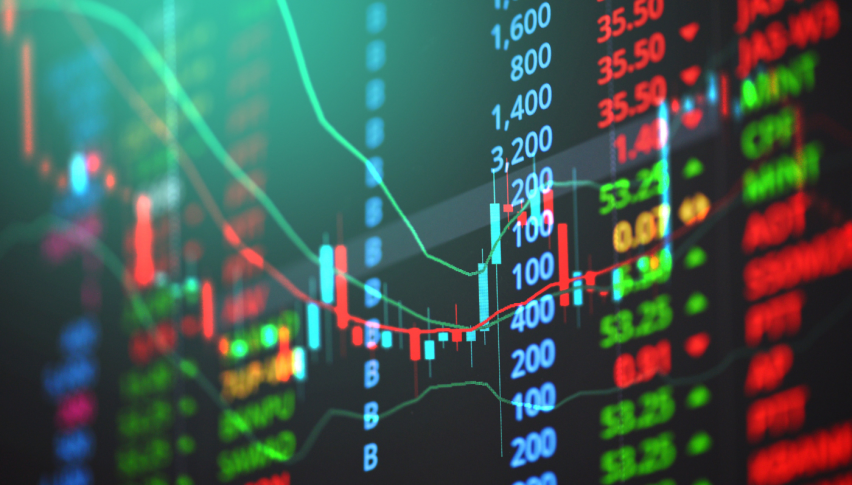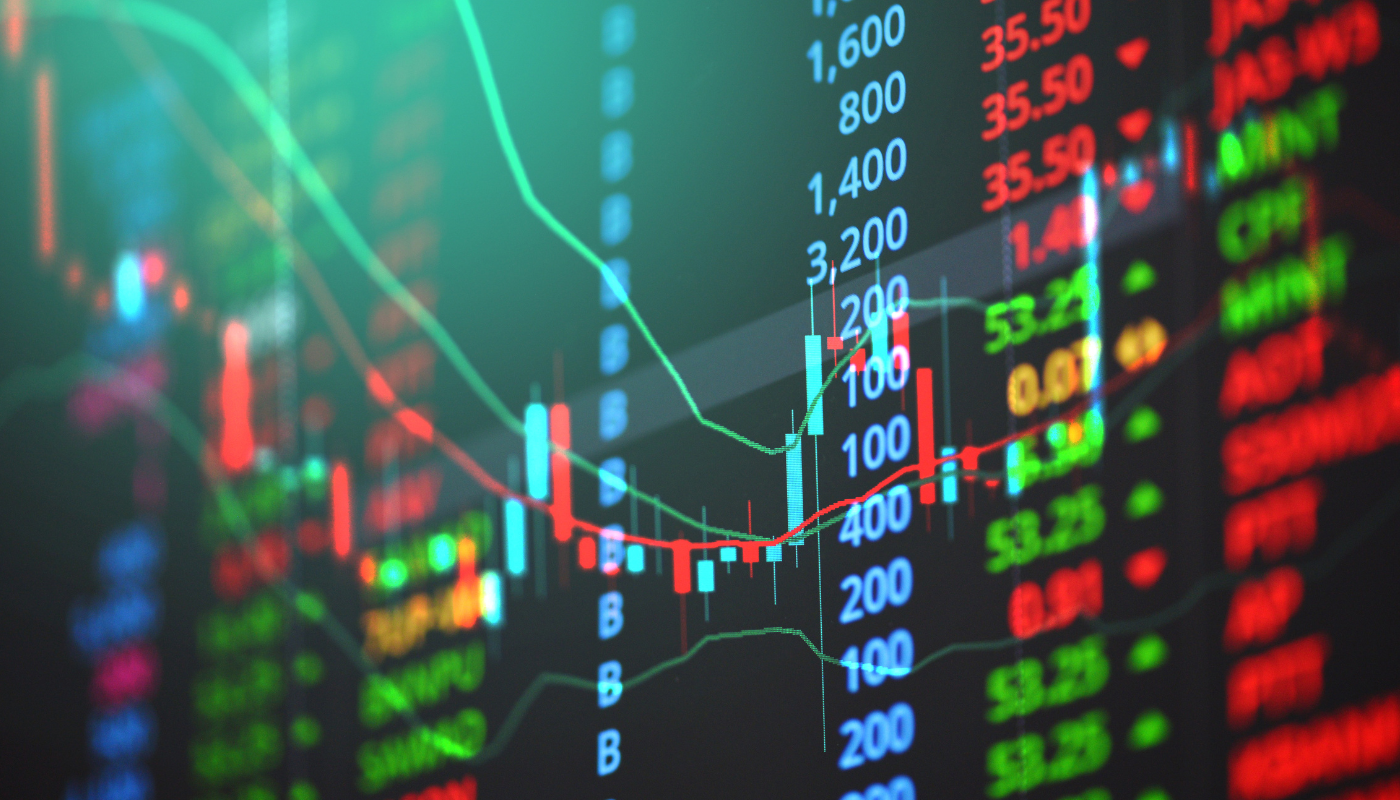Mixed Fortunes in Asian Markets: ASX200 Soars as Hang Seng Plummets
Asian indices saw mixed results on Monday. The Hang Seng Index dropped 2.29% due to weak Chinese GDP data. In contrast, the ASX200

Asian indices saw mixed results on Monday. The Hang Seng Index dropped 2.29% due to weak Chinese GDP data.

In contrast, the ASX200 crossed the 8000-point mark for the first time, driven by hopes of US interest rate cuts and a potential Trump election victory. The Nikkei 225 remained unchanged with Japan’s markets closed for Marine Day.
ASX200 Crosses 8000-Point Mark Amid Optimism
The ASX200 started strong, crossing 8000 points for the first time ever. It surged 0.9% early Monday, reaching 8032.3 points, and closed at 8017.6 points, up 58.3 points. Gains were led by tech and consumer discretionary stocks at 1.4%, telcos at 1.2%, and mining and energy at 0.6%.
#ASX200 run continues with a new move above 8k.
— Eightcap (@Eightcap_aufx) July 15, 2024
Woodside Energy rose 1.64%, National Australia Bank increased 1.30%, and the S&P ASX All Technology Index rose 1.38%. Notable performers included Charter Hall Group (+4.77%), Nanosonics Ltd (+5.08%), and Mirvac Group (+3.48%).
On the downside, Zip Co fell 6.78%, Nuix Ltd declined 2.86%, and Mesoblast Ltd decreased 2.10%. Despite some losses, 127 out of the top 200 stocks rose, with large-cap stocks in demand. Fortescue, BHP, and Rio Tinto made modest gains despite a dip after China data. The Big Four banks gained around 0.8%. Small-cap stocks like Aussie Broadband and Lifestyle Communities saw significant losses.
Hang Seng Index Falls Amid Weak Chinese GDP
The Hang Seng Index dropped 2.29% on Monday due to weak Chinese GDP numbers.
GDP growth slowed more than expected, but the big surprise is just how weak retail sales were – growing only 2% in June.
Follow our live blog for market reactions and analysis https://t.co/eu4MB1resi pic.twitter.com/LvST0P1oHd
— Bloomberg (@business) July 15, 2024
The Hang Seng Tech Index fell to 3695, with Baidu down 5.63%, and Alibaba and Tencent down 2.36% and 1.36%, respectively. The Hang Seng Mainland Properties Index declined 2.75%, influenced by a 4.5% year-on-year decrease in June house prices.
Investors are cautiously optimistic about potential fiscal stimulus from Beijing. However, economists expect only moderate measures. Alicia Garcia Herrero, Chief Economist at Natixis Bank Asia Pacific, noted the challenge of achieving both economic and fiscal targets simultaneously.
China’s economic data on Monday included recent inflation figures, with the economy growing by 4.7% in Q2, down from 5.3% in Q1. Indicators like retail sales, industrial production, fixed asset investment, and unemployment rates signaled a slowdown, potentially impacting Q3 growth. These concerns weighed heavily on buyer demand for stocks in Hong Kong and Mainland China.
- Check out our free forex signals
- Follow the top economic events on FX Leaders economic calendar
- Trade better, discover more Forex Trading Strategies
- Open a FREE Trading Account